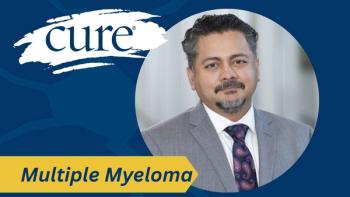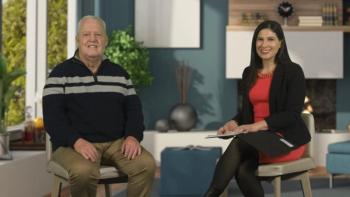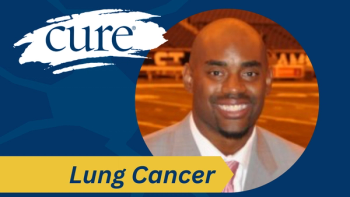
When You'll Never Ring the Bell
Advice for the inoperable facing a lifetime of treatment.
For many of us with inoperable cancer, we have no choice but to continue doing treatment indefinitely. Some of us will never get to ring the bell. And though it can be satisfying to watch others reach that milestone, it can't help but be bittersweet for those of us knowing we will never get our moment. When a life of treatment is your only option, it can initially seem daunting. How can you wrap your head around the idea of doing indefinite infusions when you don't even think you can make it through your next round?
Doing chemo for life takes an inordinate amount of mental tenacity and emotional strength.
The summer before I was diagnosed with colon cancer, I participated in a mud run. As someone who ran much longer distances on a regular basis, I assumed I was well prepared for the short three miles of obstacles. Despite the sweltering July heat and the soon-to-be discovered tumor growing inside of me, I hit the trail confident — if not cocky – in my ability to complete this challenge with ease.
For me, running was a groove, and despite some miles being more challenging than others, I always found my cadence. But this run was different, and I was thrown with each wall I climbed or ditch I scrambled through. My pace was put on hold and my heart rate soared as I struggled over those first obstacles. As I'd get back on the path and start to run again, I'd question my ability to get through the long line of subsequent challenges ahead. I found myself loathing the halt in my steady jog and longing for the stretches of path in between. A mile in, I shifted my focus away from the succession of hurdles ahead and started thinking about each as it came. If I could just get over the next one, I knew flat path on the other side would await and my body could recover.
As I faced a life with inoperable cancer, I knew I would need to take on treatment with much the same mindset — not focusing on endless rounds of chemo, but on one infusion at a time. I'd have to remember that stretch on the other side of each round where I would feel, at least for a short distance, somewhat normal again as I resumed my cadence of everyday life.
When running a marathon, some miles will be easy and fly by and some will be a struggle — even for the fittest of runners. At mile 2, the runner doesn't think about the 24 more remaining, but focuses simply on finishing the mile they're on. A marathon is one mile at a time. Life is one step at a time. And surviving this disease is one round of treatment at a time.
If you're facing an extended run of treatment or no option but a life on chemotherapy, know it can be done by focusing on just the treatment in front of you. There will be rounds you will have to skip, rounds where your body just says no, and modifications, reductions and exceptions will have to be made. But each round in any form is a step toward controlling and potentially killing off this disease. My dad has always been full of clever sayings (and really corny jokes), and growing up he'd say to me, "Just when you think you can't hold your breath any longer, you can probably hold it for 10 more seconds." I obviously knew it was an exaggeration, but I understood his point. When we think we can't go any farther, we can.




